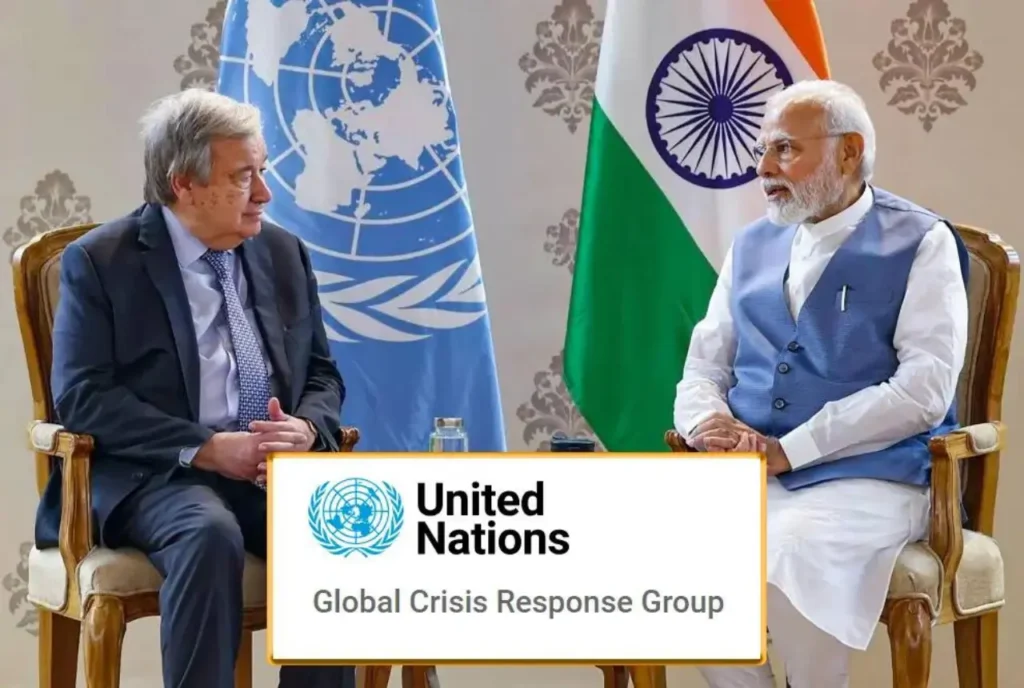Introduction:
India’s stature on the global stage is witnessing a steady rise, with its influence in the United Nations (UN) becoming increasingly prominent. As a country representing one-sixth of the world’s population, India has been pushing for reforms in global governance, demanding a more inclusive and representative UN system that reflects the realities of the 21st century.
Body:
India’s growing role in the UN is evident through its active participation in peacekeeping missions, climate change negotiations, counter-terrorism dialogues, and sustainable development initiatives. With its long-standing commitment to multilateralism, India is emerging as a strong advocate for the Global South, especially in forums that shape international law and security frameworks.
In 2021-22, during its non-permanent membership in the UN Security Council (UNSC), India made significant contributions, including chairing important committees on terrorism and sanctions. New Delhi’s firm stand against cross-border terrorism, calls for equitable COVID-19 vaccine distribution, and promotion of maritime security were praised by several member states.
India has also intensified its campaign for UN Security Council reforms, demanding a permanent seat alongside other major powers. Prime Minister Narendra Modi has reiterated the need for a restructured UNSC that reflects emerging economies like India, Brazil, and South Africa. “Institutions created in the aftermath of World War II need to be updated to remain credible,” Modi stated at the UN General Assembly.
India’s peacekeeping record is among the strongest in the world, having contributed over 250,000 troops to UN missions since 1948. Currently, Indian personnel are serving in hotspots like South Sudan, the Democratic Republic of the Congo, and the Middle East. India’s emphasis on humanitarian aid, rule of law, and non-intervention resonates with the UN Charter’s core principles.
Additionally, India has become a key player in shaping global climate action through initiatives like the International Solar Alliance (ISA), co-founded with France under the UN framework. The country’s leadership in climate diplomacy and clean energy partnerships has garnered international recognition, particularly as nations strive to meet the Sustainable Development Goals (SDGs).
India’s digital diplomacy and soft power—bolstered by its space achievements, cultural outreach, and growing economy—further add to its influence. Its recent bid to host future UN summits on digital development and artificial intelligence is seen as a move to position itself at the intersection of technology and governance.
Despite these strides, challenges remain. Critics point to India’s need for broader consensus among the P5 (permanent members of the UNSC) for Security Council reform. However, diplomatic experts believe that sustained advocacy, strategic alliances, and a focus on global development issues will continue to enhance India’s relevance.
Conclusion:
India’s ascent in the United Nations reflects its evolving global role as a responsible, democratic, and development-oriented power. By championing reform, sustainability, and multilateral cooperation, India is not only expanding its diplomatic footprint but also reshaping global conversations in ways that could define the UN’s future. As the world navigates complex geopolitical challenges, India’s growing influence signals a shift toward a more balanced and multipolar international order.



